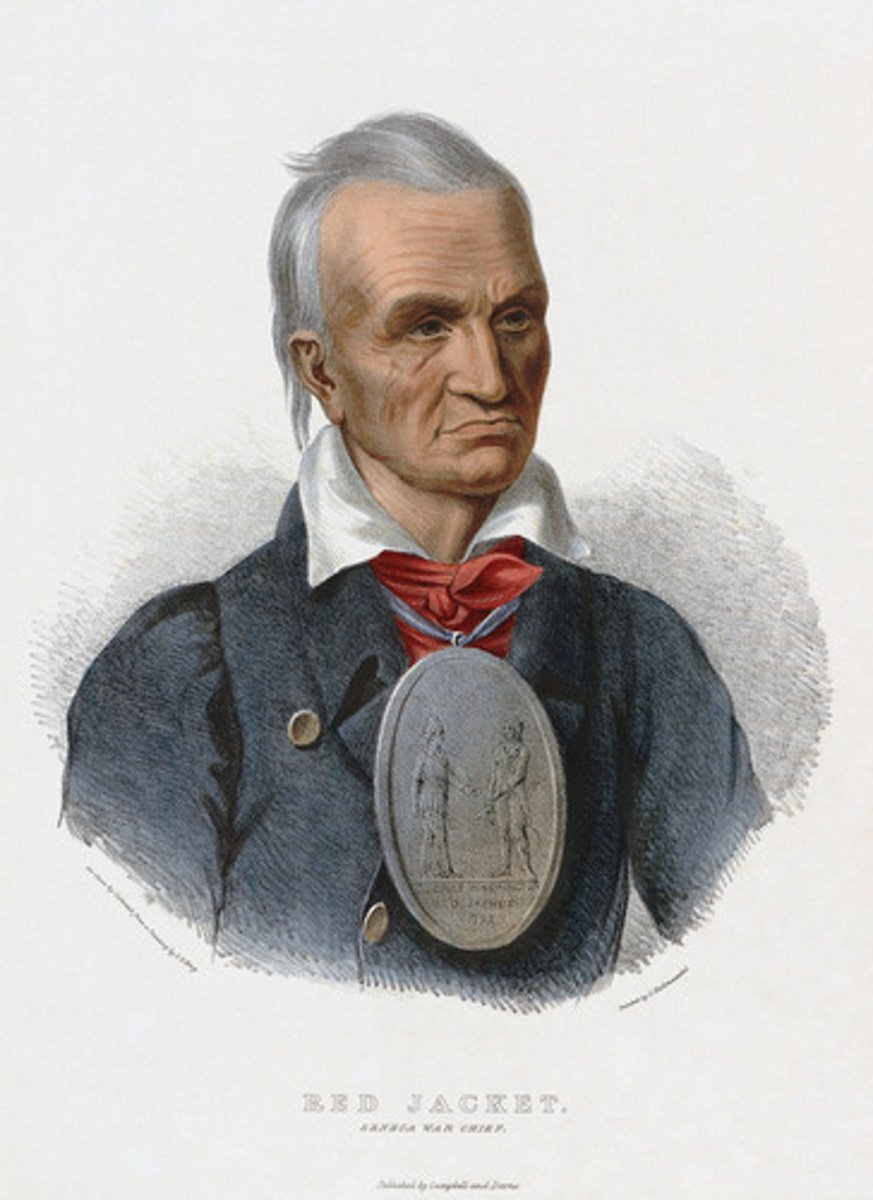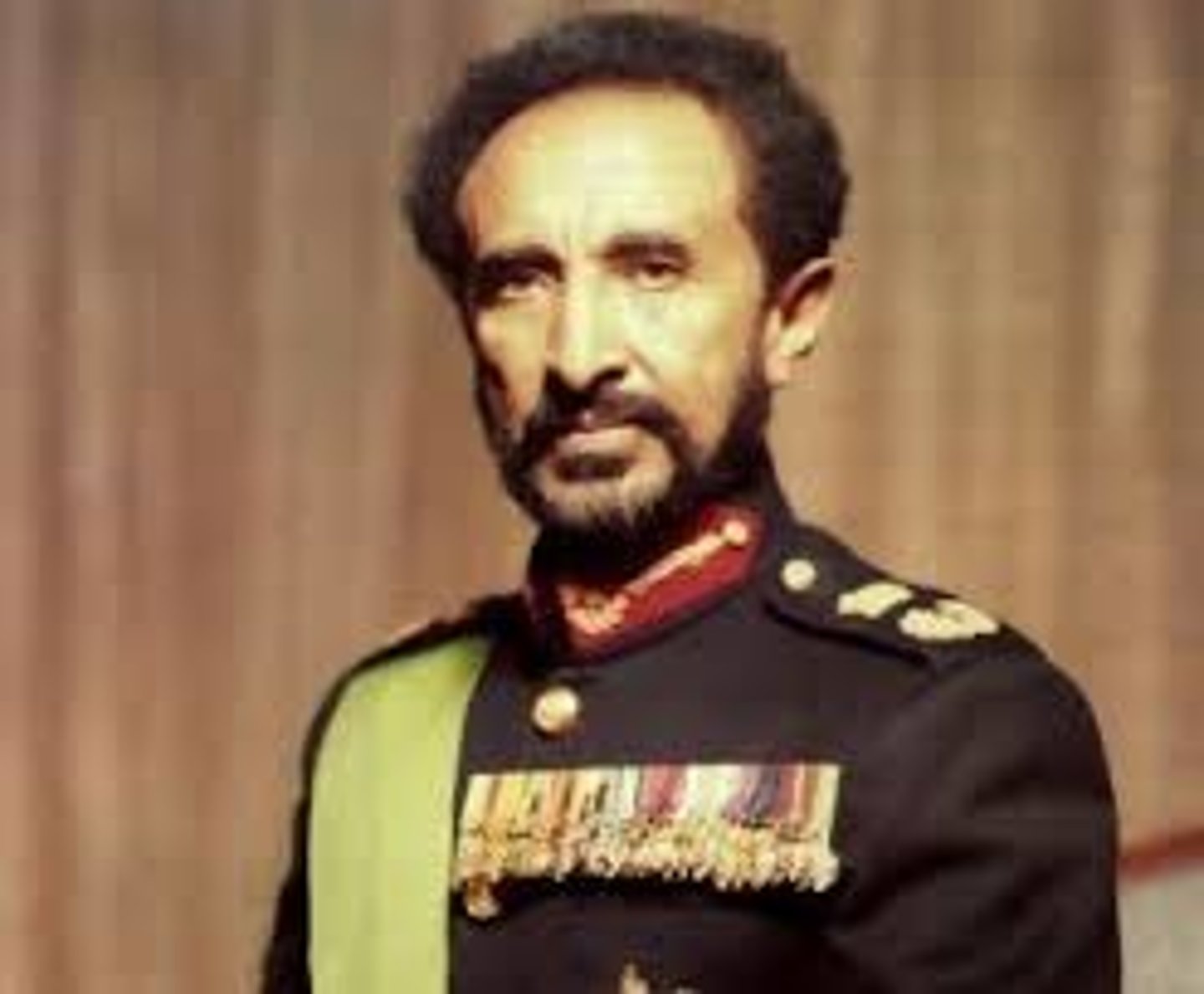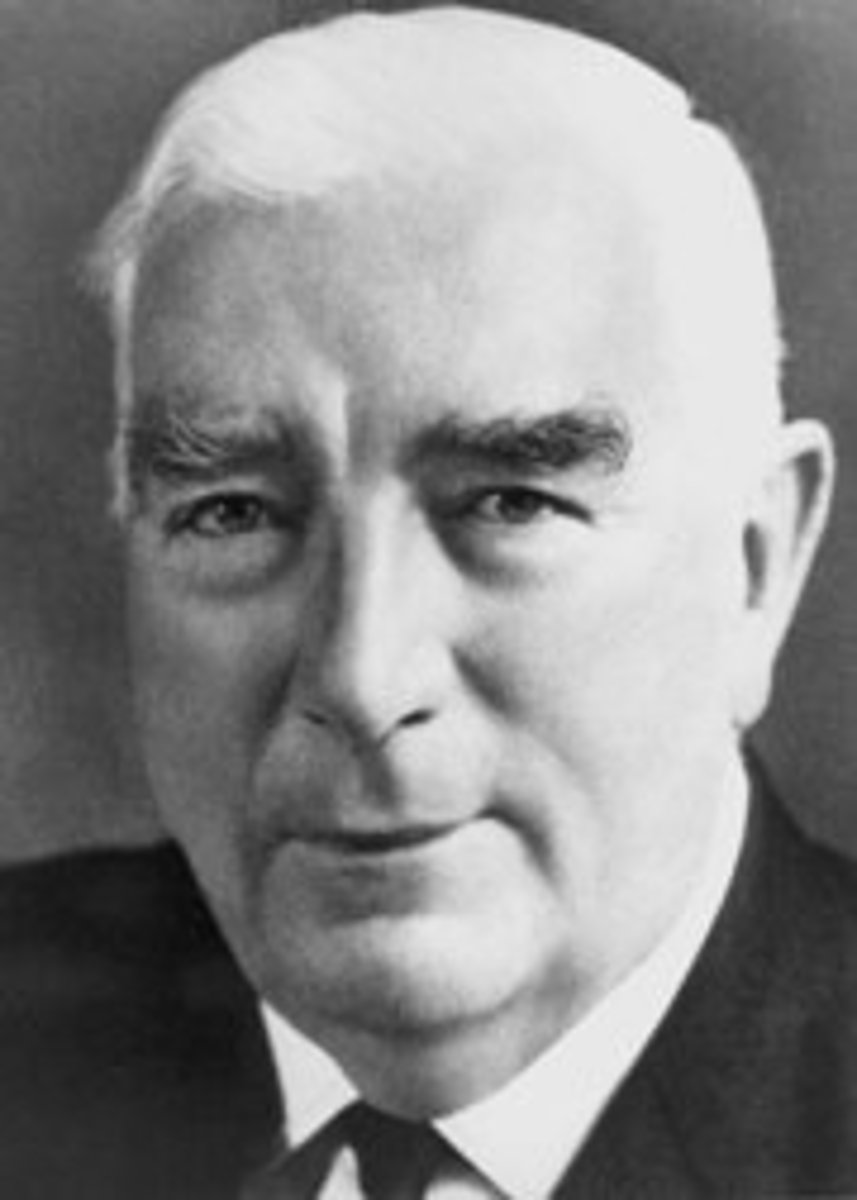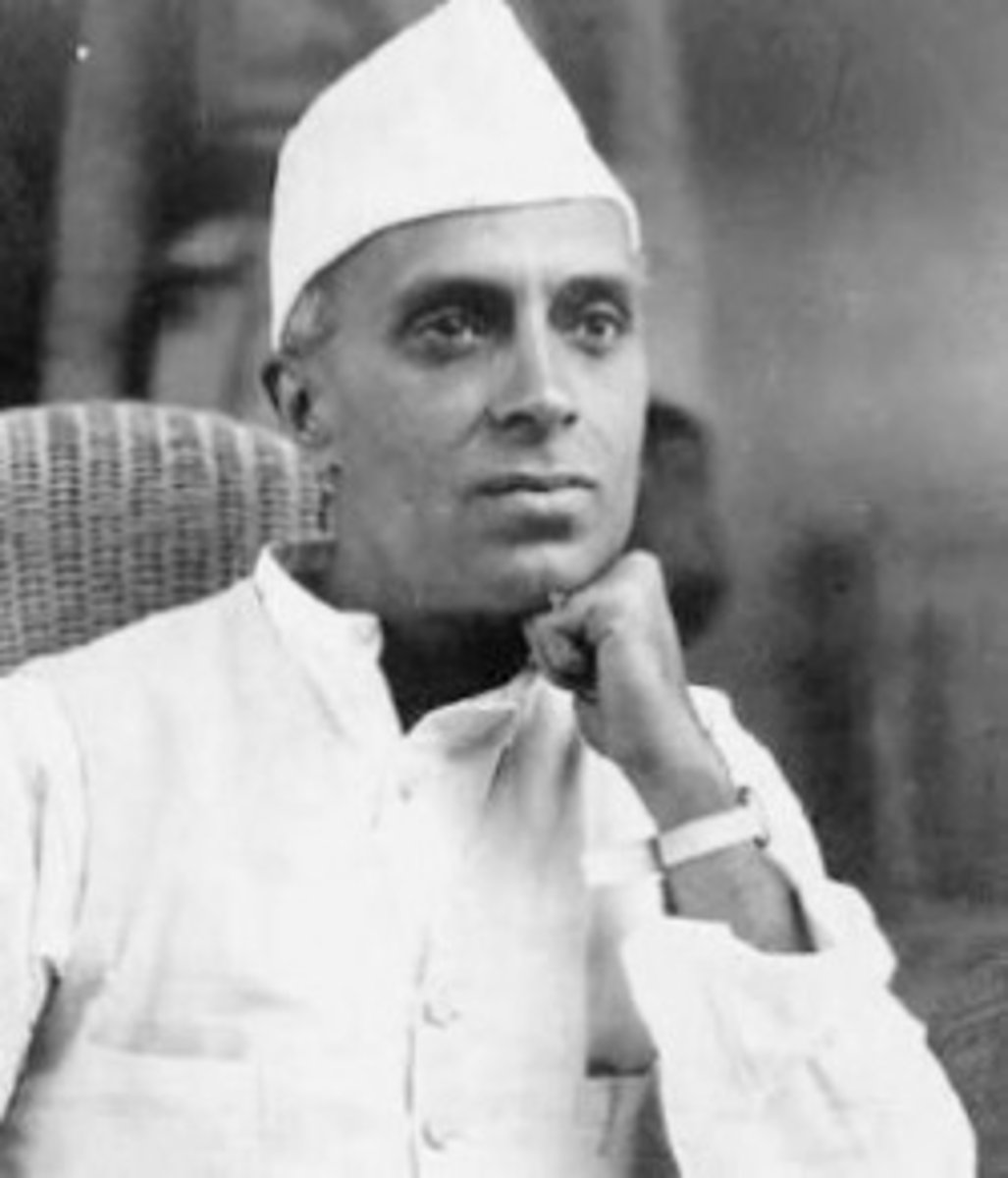WSC 2025: Speeches that Inspire, Speeches that Spit Fire
1/127
There's no tags or description
Looks like no tags are added yet.
Name | Mastery | Learn | Test | Matching | Spaced |
|---|
No study sessions yet.
128 Terms
When and where did President Kennedy deliver this commencement address?
On June 10, 1963, at American University in Washington, D.C.
What was the main theme of President Kennedy's commencement address at American University?
The pursuit of world peace, not as an unattainable dream but as a practical and necessary goal for humanity.
Why is Kennedy's speech at American University considered one of his most significant?
It outlined a vision for global peace, marked a shift in U.S.-Soviet relations, and set the stage for the Nuclear Test Ban Treaty.
How did Kennedy define peace in his speech?
Not merely the absence of war, but a positive, practical, and attainable goal where nations coexist and work together.
What was Kennedy's stance on nuclear weapons in his address?
He called for an end to the arms race and supported nuclear disarmament efforts.
What treaty followed Kennedy's call for arms control?
The Partial Nuclear Test Ban Treaty, signed later in 1963.
How did Kennedy address the relationship between the U.S. and the Soviet Union?
He urged Americans to see the Soviets as people with similar desires for peace and security, not just as enemies.
Who was Red Jacket?
A Seneca orator and chief known for his powerful speeches defending Native American rights and sovereignty.

What is the main theme of The White Man and the Red?
The unjust treatment of Native Americans by European settlers and the defense of Indigenous culture, land, and beliefs.
What was Red Jacket's primary argument in the speech?
That Native Americans had their own way of life, religion, and governance, and they should not be forced to adopt the ways of white settlers.
What was Red Jacket's stance on Christianity?
He rejected forced conversion, arguing that Native Americans had their own spiritual beliefs and did not need to adopt Christianity.
How did Red Jacket contrast Native American spirituality with European religion?
He pointed out that Native Americans lived in harmony with nature and did not engage in the religious conflicts that plagued European history.
What argument did Red Jacket use against missionaries?
He questioned why Europeans, who could not agree on one religion themselves, expected Native Americans to abandon their own beliefs.
How did Red Jacket address broken promises by the U.S. government?
He condemned the repeated violations of treaties and agreements, emphasizing the hypocrisy of white settlers who preached fairness but acted unjustly.
What example did Red Jacket use to highlight European deception?
He referenced how settlers came as guests but soon took Native lands, ignoring the initial hospitality shown by Indigenous people.
Who was Haile Selassie?
Emperor of Ethiopia who led his country against the Italian invasion and became a symbol of anti-colonial resistance.

When and where did Haile Selassie deliver his speech?
He addressed the League of Nations in Geneva, Switzerland, on June 30, 1936.
What was the purpose of Haile Selassie's appeal?
To urge the League of Nations to take action against Italy's invasion of Ethiopia and uphold international justice.
What major event led to Haile Selassie's appeal?
Italy, under Benito Mussolini, invaded Ethiopia in 1935 using modern weapons, including chemical warfare.
What war crime did Selassie highlight in his speech?
The use of mustard gas by Italian forces, violating international agreements.
How did Selassie describe the suffering of Ethiopian civilians?
He detailed the horrific effects of gas attacks on men, women, and children, condemning Italy's brutality.
What treaty did Haile Selassie reference in his argument?
The Covenant of the League of Nations, which promised collective security against aggression.
What famous phrase did he use to describe the consequences of inaction?
"It is us today. It will be you tomorrow."
What religious movement considers Haile Selassie a divine figure?
The Rastafari movement, which views him as a messianic figure.
What was the League of Nations' response to Selassie's appeal?
The League condemned Italy but failed to take strong action, revealing its weakness.
What happened to Ethiopia after Selassie's speech?
Italy occupied Ethiopia until 1941, when British and Ethiopian forces liberated it.
Who was Robert Menzies?
The longest-serving Prime Minister of Australia and founder of the Liberal Party of Australia.

When and where was "The Forgotten People" speech delivered?
It was a radio broadcast in Australia on May 22, 1942, during World War II.
Who did Menzies refer to as "The Forgotten People"?
The middle class, especially small business owners, professionals, and independent workers who contributed to society but lacked political representation.
Why did Menzies believe the middle class was important?
He saw them as the foundation of democracy, personal responsibility, and national prosperity.
What were the core values Menzies emphasized in his speech?
Individual freedom, self-reliance, personal enterprise, and family values.
Why was this speech significant in 1942?
It set the ideological foundation for the Liberal Party of Australia, which Menzies later founded in 1944.
How did World War II influence Menzies' message?
With economic strain and government intervention rising, Menzies sought to protect individual freedoms and private enterprise.
What long-term impact did this speech have?
It shaped Australian conservative politics and became the guiding philosophy of Menzies' leadership.
Which modern political leaders have drawn inspiration from this speech?
Many Australian Liberal Party leaders, including John Howard, have cited it as a key influence.
Who was Jawaharlal Nehru?
The first Prime Minister of independent India and a key leader in India's freedom movement.

When and where was "A Tryst with Destiny" delivered?
On August 14, 1947, just before midnight, at the Indian Constituent Assembly in New Delhi.
What was the occasion for the speech?
India's independence from British rule after nearly 200 years of colonial rule.
What is the significance of the phrase "Tryst with Destiny"?
It symbolizes India’s long-awaited freedom and its commitment to building a new, independent nation.
What was the central message of Nehru's speech?
A call for unity, responsibility, and nation-building as India stepped into independence.
What does Nehru mean by "At the stroke of the midnight hour, when the world sleeps, India will awake to life and freedom"?
It marks the exact moment of India's independence, portraying it as a historic and transformative event.
What does Nehru mean by "the service of India means the service of the millions who suffer"?
India's independence should focus on uplifting the poor, marginalized, and underprivileged.
Why is "A Tryst with Destiny" considered one of history’s greatest speeches?
Because of its poetic language, visionary ideals, and powerful call to action.
Which modern leaders have referenced Nehru's speech?
Leaders like Barack Obama, Manmohan Singh, and Narendra Modi have drawn inspiration from it.
How is the speech remembered today?
It is taught in schools, quoted on Independence Day, and seen as a defining moment in India’s history.
In which movie does the famous quote "They’ll never take our freedom" appear?
Braveheart (1995)
Who delivers the line "They’ll never take our freedom"?
William Wallace, played by Mel Gibson
What is Braveheart about?
The story of William Wallace, a Scottish warrior who leads a rebellion against English rule in the 13th century.
When is the line spoken in the movie?
During Wallace’s battlefield speech before the Battle of Stirling Bridge.
What is the full iconic line spoken by Wallace?
"They may take our lives, but they'll never take our freedom!"
What does the quote symbolize?
Defiance, patriotism, and the fight for independence against oppression.
Why does Wallace give this speech?
To inspire his outnumbered Scottish soldiers to fight against the English army.
Was the real William Wallace known for this speech?
No, the speech is fictional, written for dramatic effect.
Did Wallace actually fight at the Battle of Stirling Bridge?
Yes, but the real battle was fought on a bridge, not on an open field like in the movie.
Why is this line so famous?
It captures the spirit of rebellion and resistance, making it one of the greatest cinematic speeches.
Where has the quote been referenced or parodied?
In TV shows, speeches, and pop culture, including The Simpsons, South Park, and political rallies.
How did Braveheart influence Scottish identity?
It revived interest in Scottish history and nationalism, inspiring many to embrace their heritage.
In which movie does the famous quote "Today we celebrate our Independence Day" appear?
Independence Day (1996)
Who delivers the speech that includes this quote?
President Thomas J. Whitmore, played by Bill Pullman
What is Independence Day about?
A global battle for survival after an alien invasion threatens to wipe out humanity.
When is the speech given in the movie?
Right before the final battle against the alien mothership on July 4th.
What is the full iconic line spoken by President Whitmore?
"We will not go quietly into the night! We will not vanish without a fight! We're going to live on! We're going to survive! Today we celebrate our Independence Day!"
What does the speech symbolize?
Unity, defiance, and human resilience in the face of annihilation.
Why is this moment so powerful?
It turns a hopeless fight into a rallying call, inspiring both the movie’s characters and the audience.
It turns a hopeless fight into a rallying call, inspiring both the movie’s characters and the audience.
They cheer loudly, ready to fight the aliens in a do-or-die battle.
How did Independence Day perform at the box office?
It was a massive blockbuster, becoming the highest-grossing film of 1996.
Why is this speech one of the most famous in movie history?
It captures the classic action-movie heroism, making it instantly iconic.
Where has the speech been referenced or parodied?
In TV shows, political speeches, video games, and even real Independence Day celebrations.
Did Bill Pullman improvise the speech?
No, but his powerful delivery made it one of the greatest movie speeches ever.
Was there a sequel to Independence Day?
Yes, Independence Day: Resurgence (2016), but it wasn’t as well received.
In which TV show does the quote "The streets of heaven are too crowded" appear?
The West Wing (Season 4, Episode 2)
Who delivers this speech?
President Josiah "Jed" Bartlet, played by Martin Sheen
What is the title of the episode where this speech appears?
20 Hours in America: Part II
What is the context of this speech?
President Bartlet gives this eulogy at a memorial for a Secret Service agent, Simon Donovan, who was killed in the line of duty.
What is the full opening line of the speech?
"The streets of heaven are too crowded with angels tonight."
What does this line symbolize?
Loss, sacrifice, and honoring the fallen, particularly those who died serving their country.
Why is this speech considered one of The West Wing’s most emotional moments?
It blends poetic language with raw emotion, making it one of the show's most memorable speeches.
What major real-world event does this speech echo?
The aftermath of 9/11, with themes of grief, heroism, and national mourning.
Who wrote the speech?
The West Wing creator and writer Aaron Sorkin, known for his powerful monologues.
Has this speech been referenced outside of The West Wing?
Yes! It has been quoted in political speeches, memorial services, and even by real-world leaders.
Why is The West Wing known for its speeches?
Because of its sharp writing, powerful performances, and deeply human storytelling.
Did Martin Sheen improvise any of the speech?
No, but his delivery made it one of the most hauntingly beautiful moments of the series.
In which movie does the quote "We’re a great one too" appear?
Love, Actually (2003)
Who delivers this speech?
Prime Minister David, played by Hugh Grant
What is the context of this line?
What is the context of this line?
What is the full key line from the speech?
"We may be a small country, but we're a great one too. The country of Shakespeare, Churchill, The Beatles, Sean Connery, Harry Potter. David Beckham's right foot. David Beckham's left foot, come to that."
What is this speech responding to?
The arrogance and bullying of the U.S. President, played by Billy Bob Thornton
What real-world political context does this speech reflect?
The special relationship between the UK and the US, and Britain's desire to maintain dignity and independence.
Who wrote this speech?
Richard Curtis, the screenwriter and director of Love, Actually.
How does this speech compare to real political speeches?
It mirrors the rousing, inspirational rhetoric often used by real-world leaders.
Has this speech been referenced outside the movie?
Yes! It has been quoted in political debates, comedy skits, and even by British politicians.
What makes this speech iconic?
The mix of national pride, wit, and standing up to a global superpower, all delivered in classic Hugh Grant charm.
What was the main theme of President Obama's speech to the People of Mexico in 2013?
Strengthening U.S.-Mexico relations through mutual respect, economic cooperation, democracy, and immigration reform.
Where did President Obama deliver his remarks to the People of Mexico in 2013?
Where did President Obama deliver his remarks to the People of Mexico in 2013?
What famous Mexican poet did Obama quote in his speech?
Octavio Paz.
What did President Obama say about stereotypes between Mexico and the U.S.?
He emphasized that both countries should move beyond outdated stereotypes and recognize Mexico's progress.
What was Obama's position on immigration reform?
He advocated for comprehensive immigration reform, including a pathway to citizenship and stronger border security.
What educational initiative did Obama announce in his speech?
A new partnership between U.S. and Mexican universities, focusing on science, technology, engineering, and mathematics (STEM).
What historic event took place when Zelenskiy addressed the UK Parliament?
Ukrainian President Volodymyr Zelenskiy delivered a speech via live feed to the House of Commons as Ukraine resisted Russia's invasion.
How did Zelenskiy compare Ukraine's struggle to British history?
He likened Ukraine's fight against Russia to Britain's fight against the Nazis in WWII, emphasizing the need to defend their country.